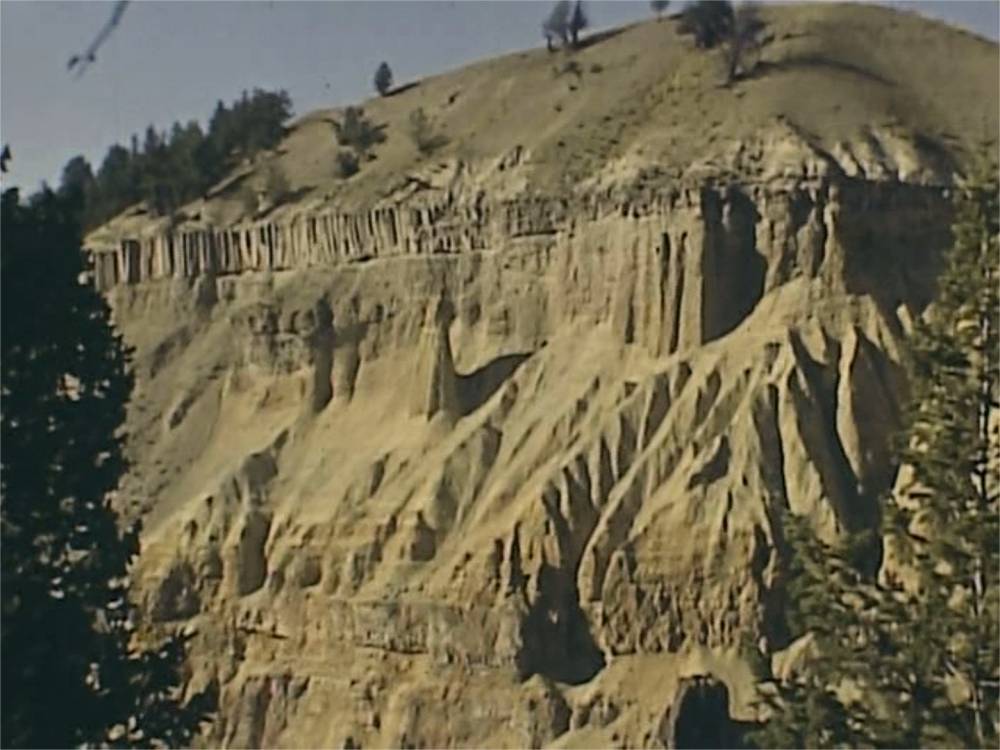A journal for storytelling, arguments, and discovery through tangential conversations.
Tuesday, September 10, 2024
|
Katherine Williams
“Almost all things beckon us to feeling, and turnings send wind-messages,” wrote poet Rainer Maria Rilke. “Who tallies what we do? Draws us away from the old abandoned years?”
To tally––in other words, to compute––is a particularly finite act. It precludes being, produces mere information, and deals in the discrete and the objective. It processes those former years, that “everything,” as an object of data and deduction. What we do, however, is quite un-computable; it is those old abandoned years that we remember, at once a collection and a collecting, a process in flux rather than a stable object. It is a past and a present, or a present attendance to the past. In this, it bears much resemblance to an archive. When we turn to the images and inscriptions that the archive preserves, there remains a sense of semantic openness––these murmurings of ephemera seem to hint at their own significance. However, an expansive archive is bound when subject to this dutiful tallying. The “everything” is indexed in eternal storage, unable to be forgotten––to compute and catalogue is to tame it. Perhaps there are alternative ways of being with the archive that gesture toward something beyond registration, reference, and historicity.
Courtney Stephens is not a computer. Her films resemble a more oblique notion of histories and presences, of pieces and wholes. Working between nonfiction and experimental forms, her work follows threads of geography, memory, and other mediations; archival footage often leads the inquiry
